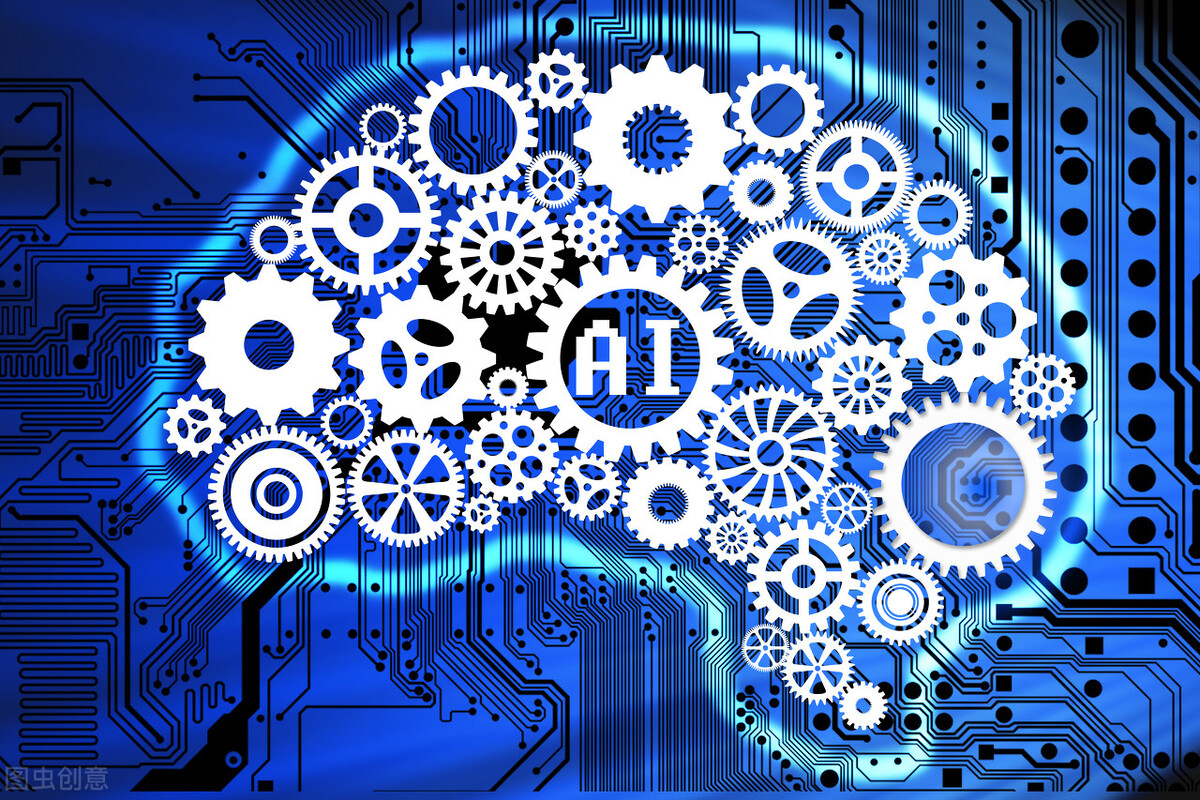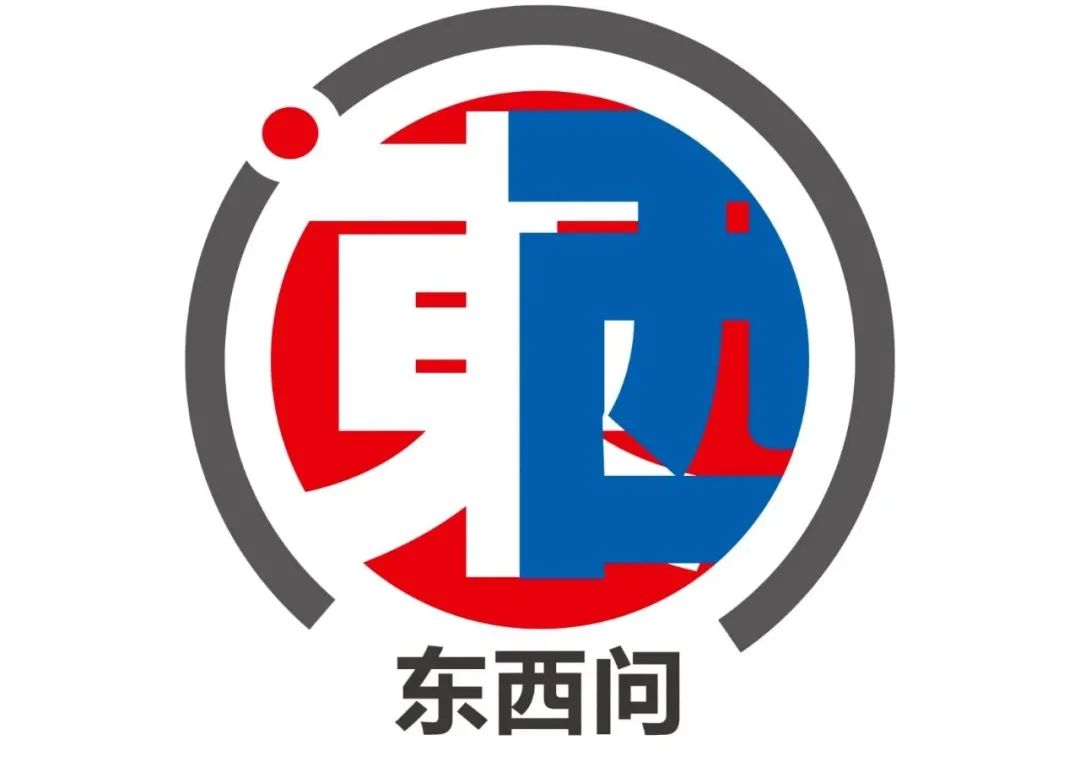Artificial Intelligence Governance Should Adhere To Ethics First, People-oriented Intelligence And Goodness
Artificial Intelligence Governance Should Adhere To Ethics First, People-oriented Intelligence And Goodness
In the document, China proposed that artificial intelligence governance should adhere to ethics first and promote the ethical supervision of artificial intelligence through system construction, risk control, collaborative governance, etc.;
On November 16, at the 2022 Conference of the Parties to the United Nations Convention on Specific Conventional Weapons held in Geneva, Switzerland, the Chinese government formally submitted the "China's Position Document on Strengthening the Ethical Governance of Artificial Intelligence". In the document, China proposed that artificial intelligence governance should adhere to ethics first, and promote the ethical supervision of artificial intelligence through system construction, risk control, collaborative governance, etc.; self-discipline should be strengthened, algorithm security and data quality of artificial intelligence in the research and development process, and bias and discrimination should be reduced; artificial intelligence should be used responsibly to avoid misuse, abuse and malicious use, and public publicity and education should be strengthened; international cooperation should be encouraged, and on the premise of fully respecting the principles and practices of artificial intelligence governance in various countries, the formation of an international artificial intelligence governance framework and standard norms with broad consensus should be promoted.
The above four propositions of "should be adhered to", "should be strengthened", "should be promoted" and "should be encouraged" are important connotations of China's wisdom and Chinese solutions. They show the position of China's artificial intelligence ethical governance, grasp the key to international artificial intelligence ethical governance, and make China's contribution to promoting the formation of a framework and standard norm for "people-oriented" and "intelligent to good" for global artificial intelligence governance.

Scientific inventions and technological progress have always been a "double-edged sword". While benefiting mankind, there are also huge risks. Just as nuclear bombs can destroy humans and nuclear power can benefit the people, artificial intelligence, as a disruptive new technology, has brought huge dividends to the development of human society, and is accompanied by real harm and many challenges, and has increasingly emerged in the complex impacts on the political, economic, military, and social fields of various countries.
On the one hand, artificial intelligence has made its mark in the digital economy, intelligent manufacturing, biomedicine and other aspects, injecting strong impetus into global development and prosperity; on the other hand, the real application of artificial intelligence technology is amplifying data security risks and infringing on personal privacy, bringing new negative impacts to global non-traditional security. Once artificial intelligence technology is misused and abused, especially for weapons, it may impact social ethics and existing legal systems, causing serious disasters and ethical problems. Strengthening the ethical governance of artificial intelligence has become an important issue that must be taken seriously before all countries.
The ethical governance of artificial intelligence must first solve the direction problem, that is, no matter how artificial intelligence technology develops, it cannot go to the wrong path that will backfire humans. It is not difficult to imagine that when technologies such as gene editing, brain-computer interfaces, neural engineering, and artificial intelligence continue to develop to expand human ability to transform nature from the outside to humans themselves, problems related to human body technology and mental technology will lead to sharp ethical contradictions. Therefore, it is necessary to form a broad consensus to limit the research and development of specific types of artificial intelligence, especially prohibit the application of related technologies in the military field. In recent years, the United Nations has begun to discuss how to deal with "fatal autonomous weapons systems", and UNESCO has also formulated a recommendation document on the ethics of artificial intelligence. China's "stance document" reflects the concept of "people-oriented" and demonstrates the guidance of "intelligence for goodness".
In addition, the ethical governance of artificial intelligence should cover all aspects of supervision, research and development, and use, and ethics should be integrated into the entire life cycle of artificial intelligence. In terms of supervision, we adhere to ethics first, and promote the ethical supervision of artificial intelligence from various aspects such as system construction, risk control, and collaborative governance; in terms of R&D, ethical considerations are integrated into all aspects, strengthen ethical review of data collection and algorithm development, and realize the universality, fairness and non-discrimination of the artificial intelligence system; in terms of use, we emphasize responsibility, avoid misuse, abuse and malicious use of technology, ensure personal privacy and data security in the use of products and services, and oppose the illegal collection and use of personal information.
China has always been committed to building a community with a shared future for mankind in the field of artificial intelligence, adhere to the principle of people-oriented and intelligence-oriented, and ensure that artificial intelligence is safe, reliable and controllable. In recent years, China has accelerated the pace of artificial intelligence ethical governance and issued a series of normative documents to clarify the framework and action guidelines for artificial intelligence governance. After submitting the "China's Position Document on Regulating Military Applications of Artificial Intelligence" last year, China once again proposed a plan for artificial intelligence governance at the United Nations. The core is to develop artificial intelligence that serves people and strive to improve people's sense of gain, happiness and security.
To achieve this goal in the context of globalization, it not only requires China's efforts, but also requires abandoning "national priority", avoiding "decoupling and breaking chains", opposing "building walls and building a base", forming a broad consensus, continuously improving and strengthening the global governance level in the field of artificial intelligence, and actively building a community with a shared future for mankind. In this case, artificial intelligence technology will empower human society to develop and progress and bring more welfare to people of all countries. (Editor in charge: Leshui Anran Yuxin)





